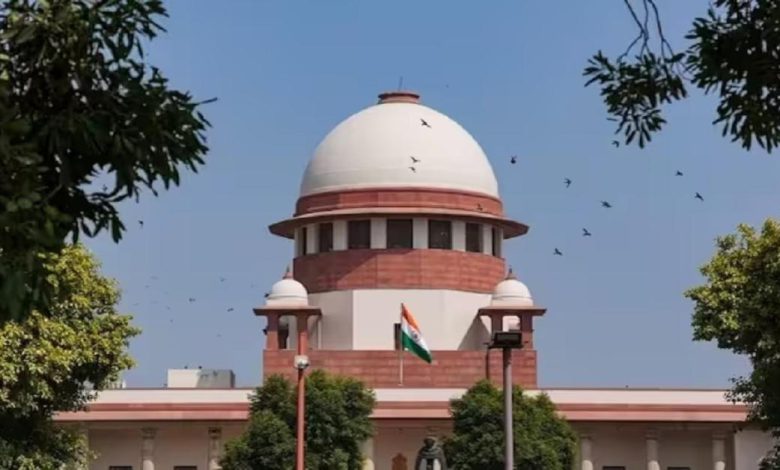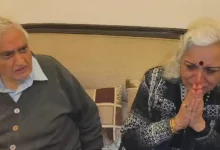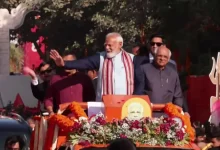Supreme Court Questions Centre on Waqf Law, Flags Inclusion and Property Rights Issues

New Delhi: The Supreme Court on Wednesday raised critical questions while hearing challenges to the Waqf (Amendment) Act, 2025, particularly concerning property rights and religious representation within waqf boards. The court suggested that properties classified as waqf — including those recognized through long-standing usage, or waqf by user — should not be de-notified while the matter is under judicial review. However, the Centre objected and requested a hearing before any directive is issued.
A bench led by Chief Justice Sanjiv Khanna, along with Justices Sanjay Kumar and K V Viswanathan, asked whether Muslims would be permitted to serve on Hindu religious trusts if the same principle of exclusivity applied to waqf boards. “All members of waqf boards and the Central Waqf Council must be Muslims, except ex-officio members,” the bench observed.
During the hearing, which featured senior advocates including Kapil Sibal, Abhishek Singhvi, Rajeev Dhavan, and Solicitor General Tushar Mehta, the court considered whether to transfer the petitions to a high court but opted to continue hearing them directly. The matter will resume on April 17 at 2 PM.
The bench expressed concern over recent incidents of violence related to the new law, calling them “disturbing.” The CJI also proposed allowing ex-officio members to be appointed regardless of religion, while other waqf board members would need to be Muslims. Addressing the issue of waqf by user, the bench questioned how such endowments — often lacking formal documentation — could be registered under the new legal framework. “This could undo established practices,” the bench warned, referencing older judicial precedents that recognize waqf by usage.
In response, Solicitor General Mehta argued that a significant section of Muslims did not wish to be governed by the Waqf Act. The bench then asked whether the government would now permit Muslims to participate in Hindu religious boards, pressing Mehta to clarify the government’s stance.
The court stressed that religious trusts recognized as waqf over centuries cannot be reclassified abruptly. “You cannot rewrite the past,” the bench remarked. Mehta noted that the Waqf Amendment Bill underwent 38 sessions of a parliamentary committee and received inputs from nearly 98.2 lakh memoranda before being passed by both houses.
At the outset, the CJI clarified two key issues to be addressed: whether the Supreme Court should retain the case or transfer it, and what specific constitutional or legal challenges are being raised.
Representing the petitioners, Kapil Sibal challenged the clause that limits the right to create waqf to Muslims. He questioned the state’s authority to determine someone’s religious status, asking, “How can the government say only Muslims who have been practising for five years can create waqf?”
Also read: Supreme Court Petition Demands SIT Probe into Murshidabad Violence
Senior advocate Abhishek Singhvi emphasized that the Act has national implications and should remain with the Supreme Court. Huzefa Ahmadi, also representing petitioners, stated that waqf by user is a long-standing practice in Islam and cannot be legislated away.
The Waqf (Amendment) Act, 2025, received presidential assent on April 5 after heated debates in Parliament. It passed the Lok Sabha with 288 votes in favor and 232 against, and the Rajya Sabha with 128 votes supporting and 95 opposing.
Also read: Waqf Bill : Asaduddin Owaisi Moves Supreme Court
A total of 72 petitions have been filed challenging the Act, including those by AIMIM leader Asaduddin Owaisi, All India Muslim Personal Law Board (AIMPLB), Jamiat Ulama-i-Hind, DMK, and Congress MPs Imran Pratapgarhi and Mohammad Jawed. On April 8, the Centre filed a caveat in the Supreme Court seeking a hearing before any order is passed.




